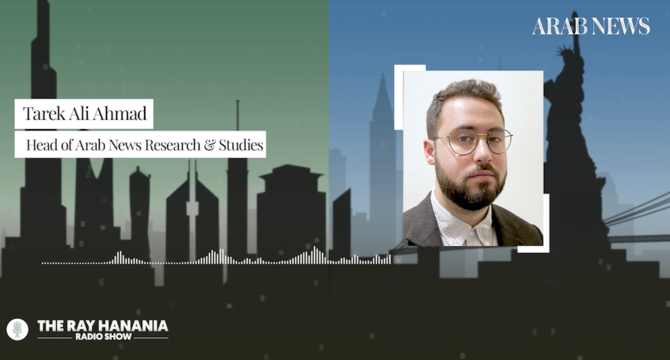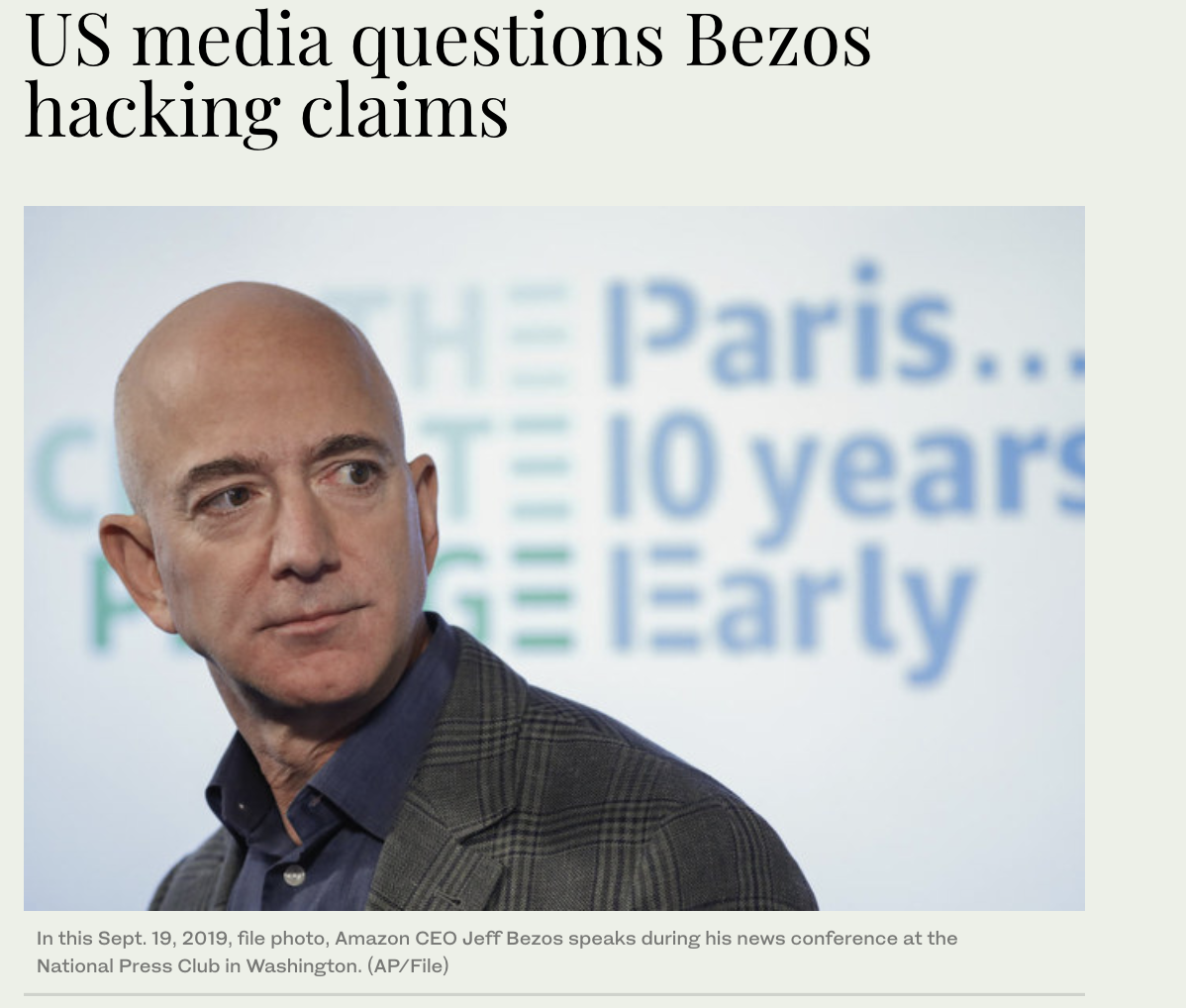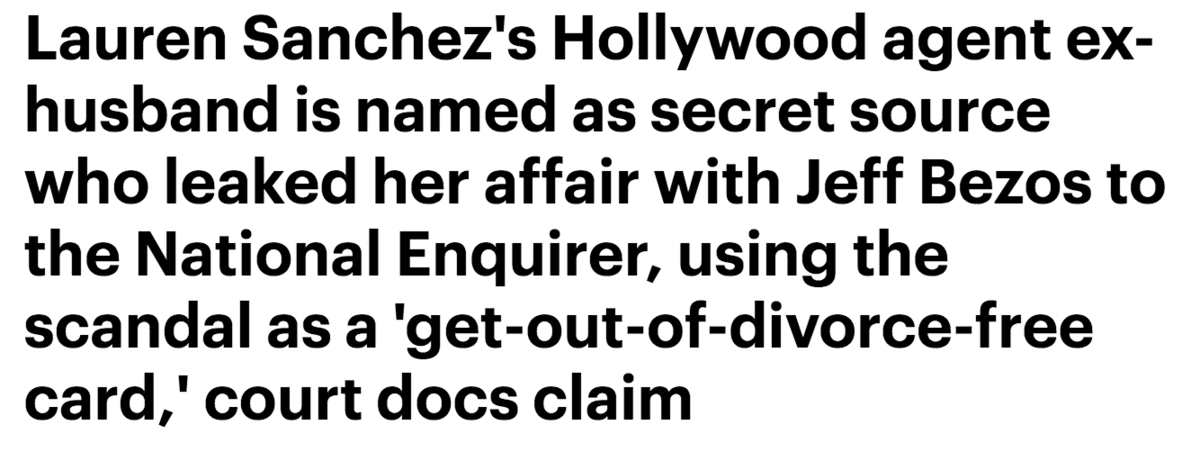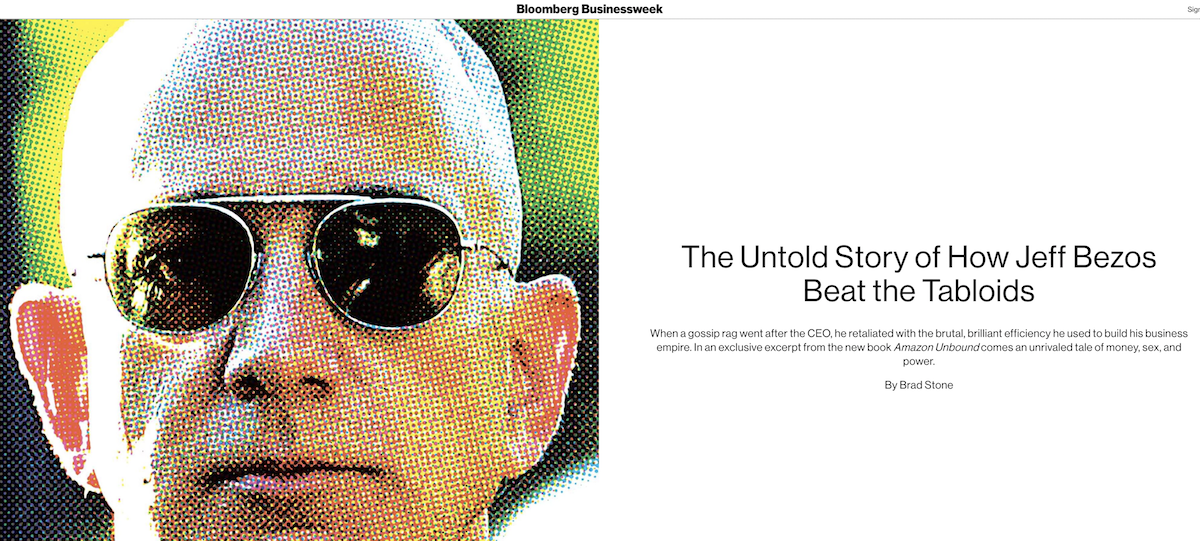CHICAGO: Many Western news outlets failed in their duty to correct mistaken reporting that falsely accused Saudi authorities of involvement in hacking Amazon founder Jeff Bezos’s phone, a media insider said on Wednesday.
After US tabloid the National Enquirer reported in 2019 that the billionaire was having an extramarital affair with former news anchor and media personality Lauren Sanchez, the Saudis were accused of stealing personal information by hacking his cell phone.
READ MORE
Experts said while a hack “likely” occurred, the investigation leaves too many “unanswered questions,” including how a hack happened or which spyware program was used, the Associated Press (AP) reported.
Bezos, who bought the Washington Post in 2013, claimed that he had been targeted by powerful enemies who were unhappy with stories about them that had been published by the newspaper, including the Saudis and the Trump organization.
Officials in the Kingdom denied the accusations, but this narrative of a plot involving the Saudis and others continued to be a key part of reports published by the Post, overshadowing the original story of Bezos’s infidelity. Many other Western news outlets — including The New York Times in the US and The Guardian and The Daily Telegraph in the UK — published stories that repeated the allegations of hacks and leaks by Saudi Arabia.
READ MORE
The UK newspaper Daily Mail reported that Lauren Sanchez's ex-husband was claimed to be the source who leaked her affair with billionaire Jeff Bezos, according to court documents. Read the article here.
Yet investigations into the leaks soon began to focus on a culprit much closer to home: Laura Sanchez’s brother, Michael Sanchez. In the tell-all book “Amazon Unbound: Jeff Bezos and the Invention of a Global Empire,” which was published last week, author Brad Stone, a senior executive editor at Bloomberg News, offers an in-depth view of how the brother’s leaks to the National Inquirer allegedly happened.
Rather than retract and correct their mistaken reporting, as they often demand of other news sources, many of the media outlets that had published allegations of Saudi involvement quietly ignored or underplayed the ongoing revelations about the true source of the story, said Arab News journalist Tarek Ali Ahmad on Wednesday during a discussion on the US-based Ray Hanania Radio Show.
“Jeff Bezos actually blamed Saudi Arabia and Crown Prince Mohammed Bin Salman for this leak to the National Enquirer,” he said. “In a huge blog post he blamed Saudi Arabia for targeting him because of his stake in the Washington Post.”
READ MORE
Author Brad Stone, a senior executive editor at Bloomberg News, has offered an in-depth view of how Lauren Sanchez’s brother’s leaks to the National Inquirer allegedly happened. Click here to read.
The Post and other Western media suggested that the source of the hack had been an exchange of WhatsApp messages between Bezos and the crown prince that included malicious code that stole personal data. The Saudis vehemently denied any involvement in hacking or leaking information and called it “absurd,” he added.
“Even AMI (American Media, Inc.) which is the owner of the National Enquirer denied it and said there was only one source (of information) and that was Michael Sanchez … so, the Saudis had no part to play in it,” said Ali Ahmad.
While a few newspapers did report the new developments, many of the media outlets that had printed the false allegations about Saudi Arabia failed to retract or correct the claims they had made or repeated, he added.
This is indicative of “some form of Western bias when it comes to Saudi Arabia,” he said, adding that the type of “bias by omission” evident in this case is common when a newspaper does not wish to admit it was wrong or correct an obviously inaccurate story it has published.
* The Ray Hanania Radio Show is broadcast live in Detroit on WNZK AM 690 and in Washington DC on WDMV AM 700 on the US Arab Radio Network, and streams live on Facebook. Archives of the show can be found at ArabNews.com/RayRadioShow.































